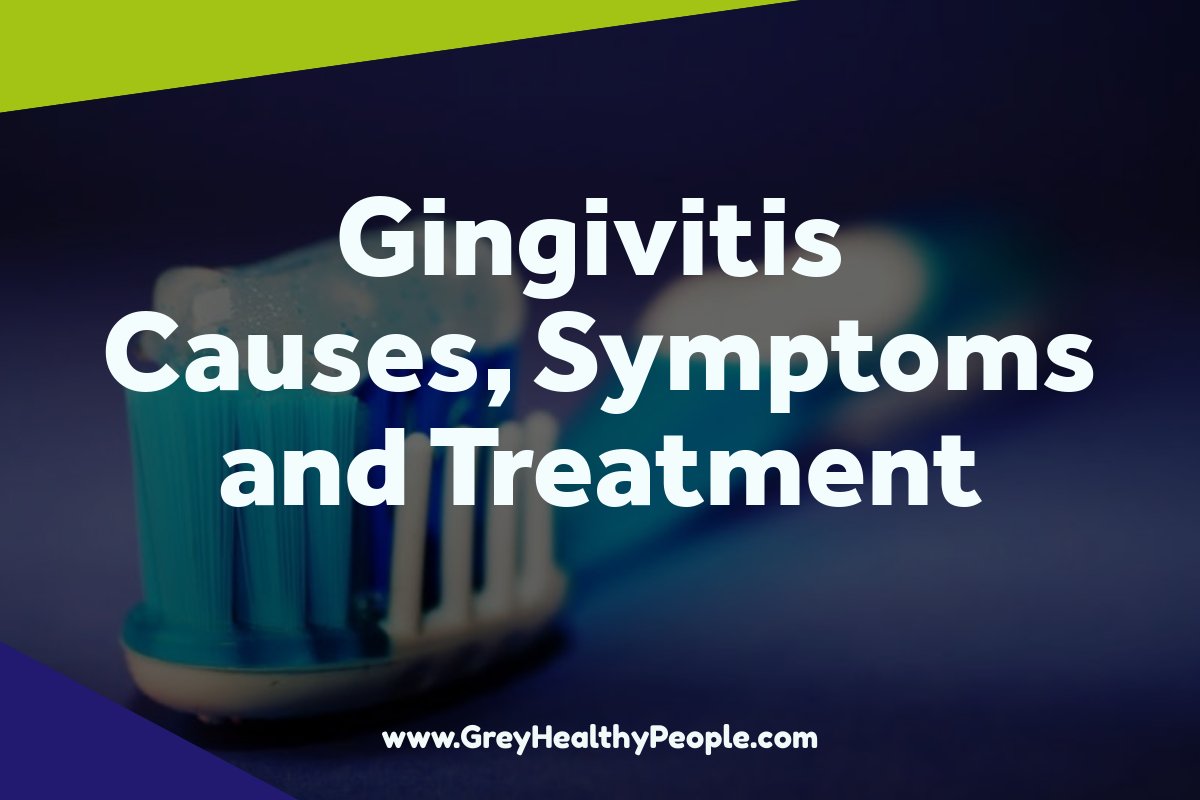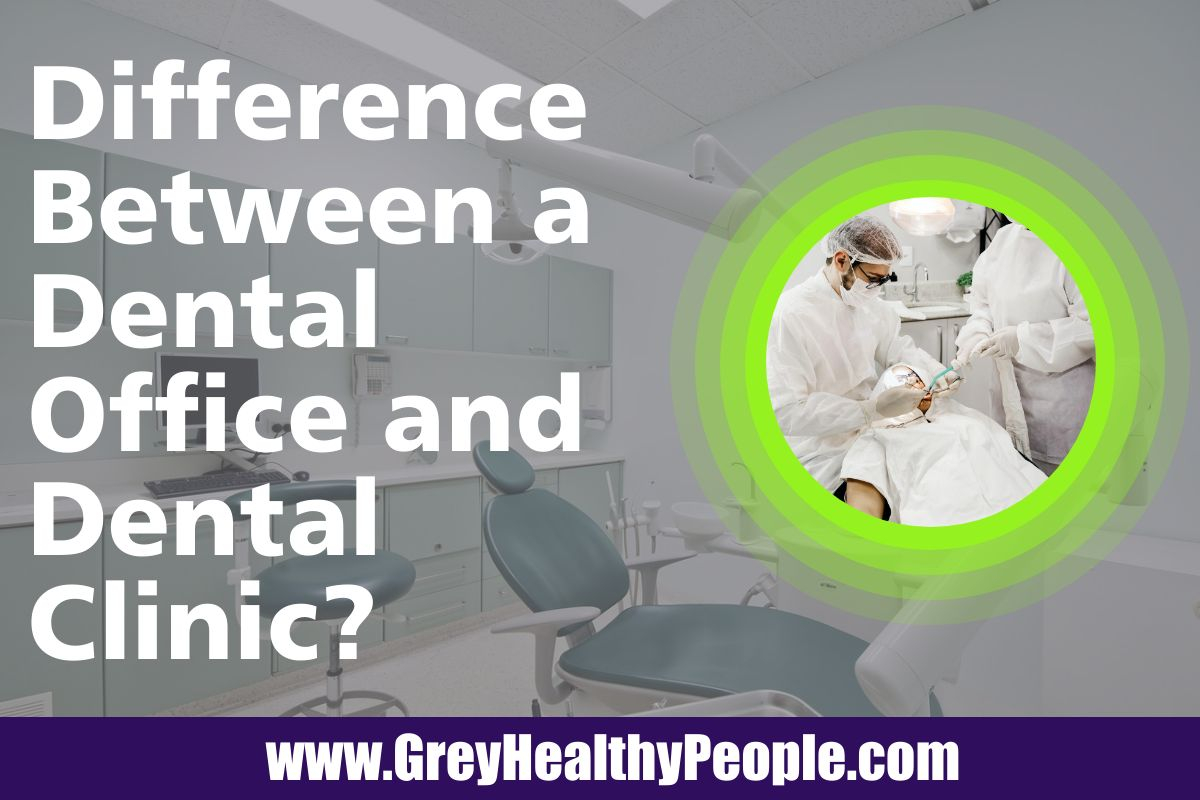Gingivitis is the inflammation of the gums. It is generally caused by plaque buildup and bacterial infection. If not treated timely, it can develop into periodontitis, which is a serious infection and a major cause of tooth loss in adults.
When a film of plaque or bacteria is allowed to accumulate on the teeth over a period of time, it usually leads to the inflammation of the gums or gingiva. Although it is not a serious disease but its progression or deterioration can eventually lead to teeth loss.
Red and puffy gums susceptible to bleeding indicate that one has gingivitis and needs dental care. In patients, the gums would bleed easily even with mere brushing.
Further, people who take oral care seriously are less likely to get gingivitis as they don’t allow plaque or bacteria to stay on the tooth and cause harms. What you eat may also have an effect on your oral health, and gums are no different.
Causes
Gingivitis is a common disease whose cause is mostly poor oral hygiene. Those who take good care of their teeth and gums are less likely to be struck with this non-destructive type of disease. Its causes include –
- Accumulation of plaque and bacteria between the teeth
- Lack or oral care leading to plaque bacterial storage around the teeth
- The plaque causing the harm to the gum tissue and destroying it gradually
- When not removed timely, plaque can harden into tartar which can irritate the gum and cause inflammation around the tooth base
- Changes in hormones may make the gingiva sensitive in some cases and it does boost the risk of gingivitis
- The risk of gingivitis is higher among patients of diabetes, HIV and cancer
- Any medicine reducing the flow of saliva in mouth can lead to gingivitis
- Smoking can boost the risk of gingivitis
- With age, the risk of gingivitis can increase
- Poor diet marked with lack of vitamin A and vitamin C can lead to gum problems
Symptoms
Gingivitis is not one of those diseases with clearly visible signs and symptoms from the early stages itself. In fact, patients may notice nothing or may feel not discomfort in mild cases. However, as the problem worsens, there will be some distinct symptoms of gingivitis, including –
- Bright red or purple gums
- Gums that are red, swollen or tender
- Gums that are tender and may feel painful to touch
- Gums susceptible to bleeding when brushing or flossing
- Gums that feel like going away from the teeth
- Bad or stinking breath or halitosis
- Receding gums or soft gums with inflammation
- Pus between teeth and gums
- Pain when chewing or eating something
- Loose teeth and sensitive teeth
Treatment
Gingivitis is not a serious health concern and it can even be reversed with timely diagnosis and treatment. For that to happen, the diagnosis has to happen early as only then can a right treatment be started. The treatment is not complex and involves –
- Any gingivitis treatment will involve two part – care by a dental professional and at-home procedures by the patient
- A professional care is about removal of plaque and tartar through the process of scaling
- Patients should expect a little bit of discomfort with scaling when the tartar is stubborn or when the gums are sensitive
- To avoid further buildup of plaque and tartar, patients will be conveyed the right ways to brush and floss
- The dentist will ask for regular dental cleanings, and if need be, may invite for frequent cleanings to stop the plaque
- Any damage to the teeth will be fixed so that oral care routine by patients get the maximum results
- After professional care is done, it’s up to patients to follow oral care as told
- Patients should brush their teeth twice and in a thorough manner
- Flossing once a day is equally important to stop plaque and tartar to build up
- Your dentist will also tell to rinse the mouth with a mouthwash or get a fluoride treatment
Read more: 14 Best Home Remedies for Gingivitis
Risk factors
If you smoke or chew tobacco, it could then be a risk factor for gingivitis. Diabetes and crooked teeth may also leave you with swollen or tender gums over a period of time. In fact, if you dental device is not a right fit, it may also harm your gums or may destroy gum tissues gradually. Similarly, pregnant women are more at risk for gingivitis than the rest. And don’t forget, genetic factors too have a role to play in harming your gums and leading to periodontal disease in the long run. So, consult the dentist and get your gingivitis treatment immediately.
Quite clearly, gingivitis is not a problem to feel worried about but yes, you should not avoid it else it might lead to tooth decay. You can consult a top family dentist New York and know the best treatment option for your problem.
Author Bio:
Sawoni Chowdhury is an aficionado of writing. She is an expert writer and blogger and shares her views and opinions on a range of topics such as Lifestyle, Business, Entertainment and lot more.




